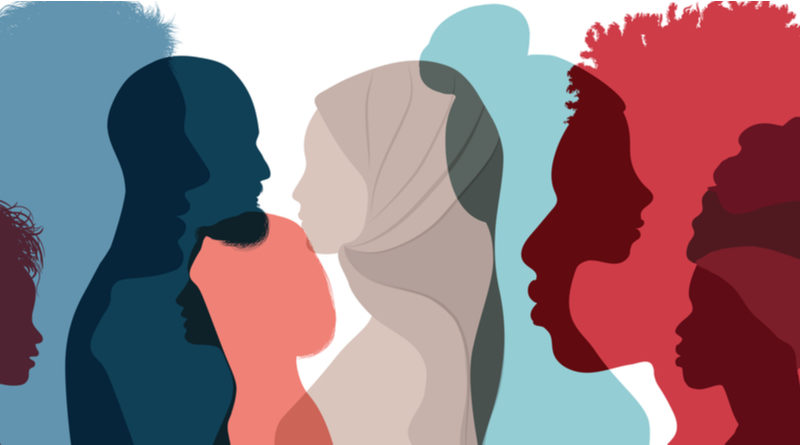Students at Goldsmiths University can apply for assignment extensions if they have suffered racial trauma
Students will not be required to provide evidence when applying for an extension; instead, self-certification will be used.
Following a proposal from the students’ union, the university changed its deferral policy, updating the extenuating circumstances that students can cite when requesting exam or essay extensions.
Because the new policy will consider racial trauma, black students and those from ethnically diverse communities will be able to request an extension or deferral of an assignment on that basis.
“The university has agreed to our proposal to incorporate ‘racial trauma’ as a reason to defer essays and exams for black and PoC [person of colour] students, it will be done through self-certification (moving away from providing so-called evidence),” tweeted Sara Bafo, president of Goldsmith Students’ Union.
Those applying for an extension will not be required to provide evidence of what this racial trauma entails; instead, they will be assessed by the university through a self-certification process.
Goldsmiths, part of the University of London, has more students who identify as belonging to ethnically diverse communities than those who identify as white.
According to the Universities UK 2020 equality, diversity, and inclusion report, 48 percent of Goldsmiths students are ethnically diverse, compared to 47 percent who are white. This is also a much higher proportion of students who identify as ethnically diverse than the national average at UK universities, which is 25%. This includes 25% who identify as Asian and 10% who identify as black.
Medical conditions, trauma, bereavement, court attendance, and caring responsibilities are among the other categories covered by Goldsmiths’ deferral policy.
“This change relates to our extenuating circumstances policy, which allows students to ask us to take serious life events into account when assessing their progress with their studies,” said Goldsmiths warden Professor Frances Corner.
“Self-certification for this type of support is common at universities, and students are entitled to appropriate assistance when it is required.
“A student must submit a detailed statement, which academic departments carefully consider before deciding on an appropriate response. “Applications are considered on a case-by-case basis, with the College committed to providing the best possible support to each of our students.”




